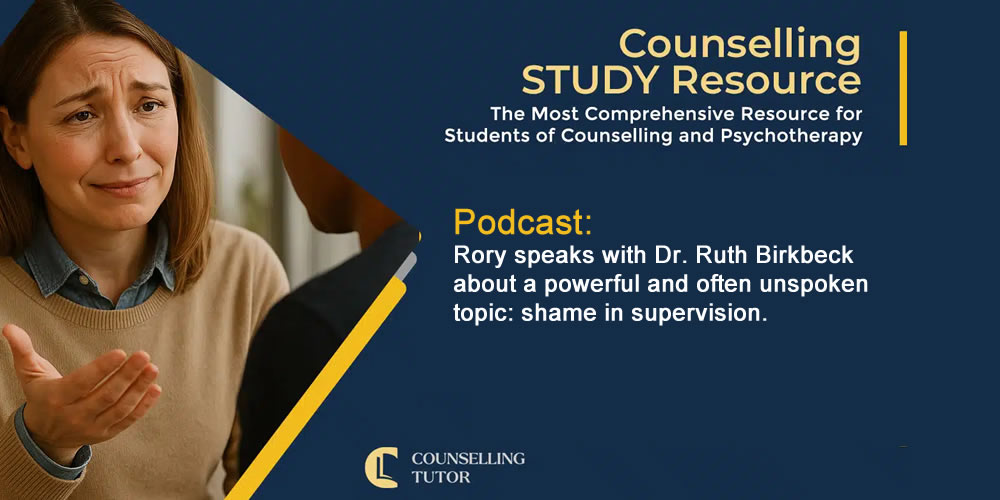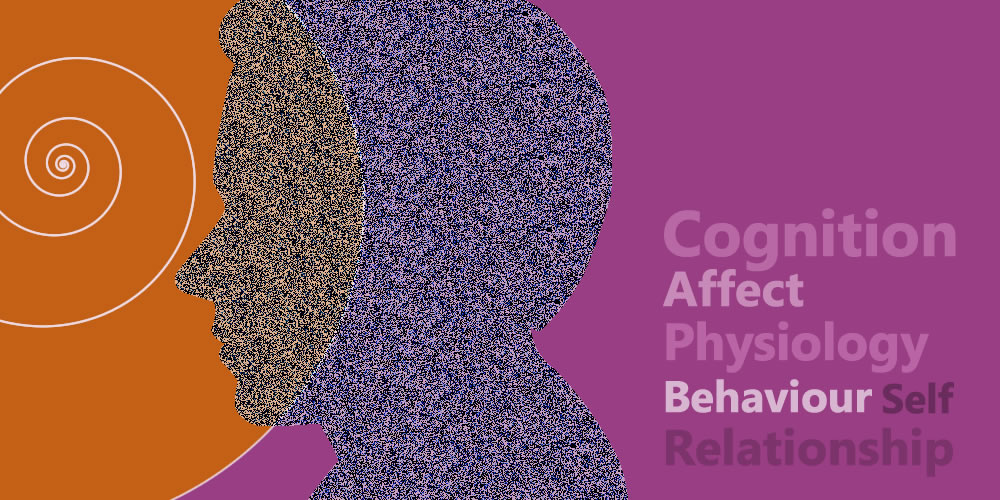‘Practice Matters’, Rory speaks with Dr. Ruth Birkbeck about a powerful…

Relational Needs in psychotherapy
Relational needs are about relationships and contact between people. They are different from basic needs of survival – like food, air or shelter; they are the essential elements of an intimate human relationship.
Everybody experiences these relational needs, they are present in every relationship, from the moment we are born, and persist throughout life. Most of the time these needs remain unconscious. When unfulfilled, we can experience emptiness, longing and loneliness.
Richard Erskine in the book “Beyond Empathy: A Therapy of Contact-in Relationships” (1999) describes 8 important relational needs:
1. Need for security – It’s about security in the relationship. It’s about knowing that you are there for me and that no matter what happens you are not going to criticise me, humiliate me or put me down. This need is even more important in the therapeutic relationship, as the client needs to know that the therapist understands and accepts them as they are. And that their vulnerability will be respected and protected.
2. Need to be validated and affirmed as significant – refers to the need to have our feelings, thoughts, fantasies, behaviour and ways validated. In therapy, your thoughts, feelings, fantasies are not going to be judged as right or wrong but instead validated; they exist for an important reason and that’s what needs to be validated.
3. Need for acceptance – by someone wise, strong, stable and dependable. It’s a very important need in the therapeutic relationship. Clients need to know that their stories or their internal conflicts are not going to upset or scare the therapist. Instead the therapist will be stable and strong enough to listen to their stories, to sympathise with them and to contain their overwhelming emotions.
4. Need for mutuality – is the need for shared experience. Here clients don’t need the therapist to be strong, instead they need to know that the therapist is a human being, just like them and therefore might have similar experiences. It’s the need to be with someone who knows that experience because they have had it also. In the therapeutic relationship, the therapist must attend to this need when it emerges, and not be afraid to share their own vulnerability within the limits of safety for the therapeutic relationship.
5. Need for self-definition – is about “who I am” in this relationship, at work, at school, at home. Not having this need met may lead to aggression and depression. One of the therapist’s important roles is to help clients to self-define without fear of judgment, to find their own uniqueness and to validate it, learning to protest and to say ‘no’.
6. Need to make an Impact on the other – it’s the need to have some power, to influence and to change the other in some way. In therapy I usually invite clients to tell me what they don’t like, what they need to be different, which gives me the opportunity to change my approach.
7. Need to have the other person initiate – initiating interpersonal contact. It means reaching out in a way that acknowledges and validates the other. It also means taking responsibility. My willingness to initiate, communicates my involvement and interest in the relationship.
8. Need to express love – doing something to the other, expressing gratitude, giving affection, surprising the other. Expressing affection and accepting it, is a natural relational need, essential in order to maintain a meaningful and intimate relationship.
When our relational needs are consistently met, we feel valued, confident and important. On the other hand, when our relational needs are repeatedly not met, we feel devalued, unappreciated, and unlovable. It’s difficult to trust the other and to maintain a close relationship.
Author: Dr Ruth Birkebaek Psychotherapist and counsellor
Dr Ruth Birkebaek is a Certified International Integrative Psychotherapist Trainer and Supervisor (CIIPTS-IIPA), a Certified Transactional Analyst (CTA and PTSTA), UKCP registered psychotherapist and a Medical Doctor. She offers training courses in psycotherapy and counselling
She also offers therapy and counselling from her practice in Kew, Richmond upon Thames .
Psychotherapy sessions can also be online.


